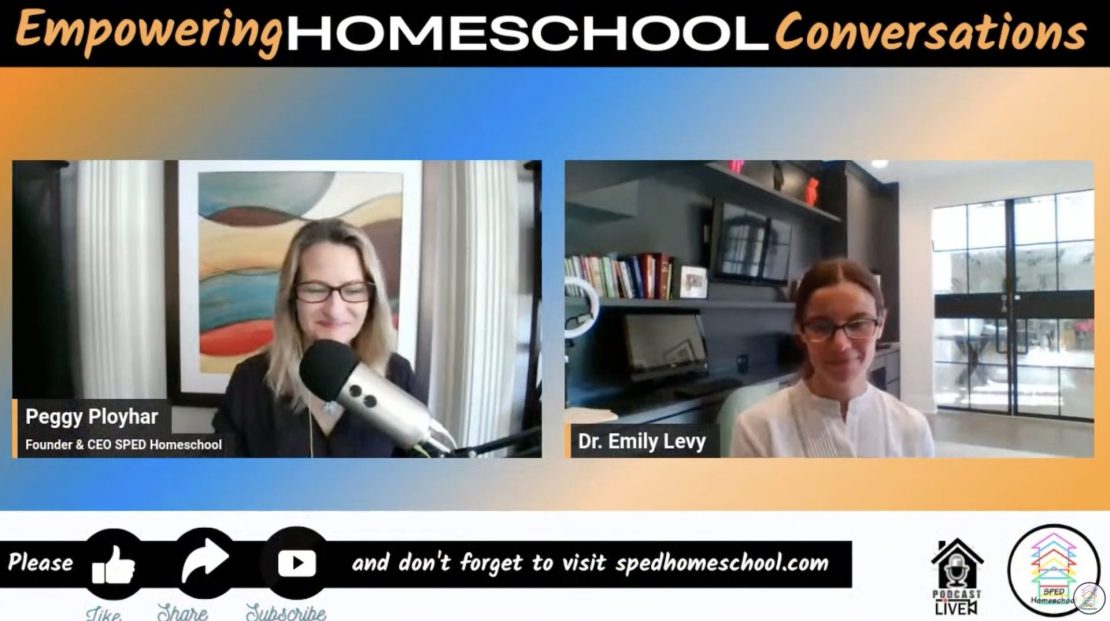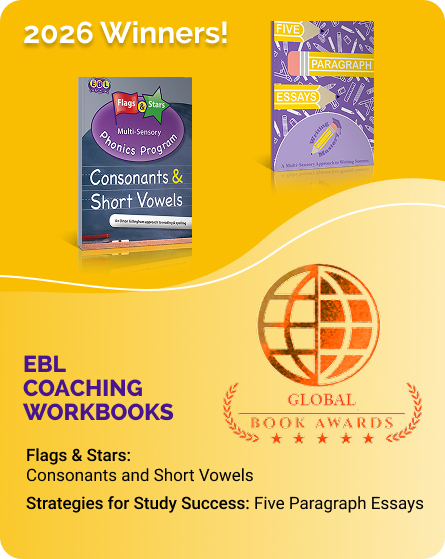
Reading Resilience Podcast
Reading is one of the most important skills for success in school. It affects all subjects, including math, and it is a skill that many students struggle with. Some students have difficulty with decoding, while others struggle with reading fluency or comprehension, and many students struggle with all aspects of reading. In this podcast I discuss ways parents can help their child develop stronger reading skills.
Reading Comprehension
When your child is reading a passage or novel, it is important that they learn to be active readers who are engaged in the text, not passive readers. For younger children reading a novel, you may want to read with your child, perhaps alternating each page or every few pages. Stop them after 2-3 pages and ask them questions about what they read. Who are the main characters? What are their unique qualities or characteristics? What has happened in the story so far? What is the setting like? You might even have your child use sticky notes and write down a 1-2 line summary after every few pages and stick it inside the book to make sure they understood what they read and are processing the story.
If your child has a nonfiction passage to read, teach them to identify and highlight three key elements: 1) The topic is one, two, or three words describing the passage, like the beach or the French Revolution. They should highlight the topic in blue; 2) The main idea is what the author is saying about the topic. For example, if the topic is “the beach,” the main idea might be “There are many activities you can do at the beach.” Your child should highlight the main idea in green. 3) Important details are key, salient details describing the main idea. Your child should highlight the important details in yellow. After they have read the passage and highlighted the topic, main idea, and important details using blue, green, and yellow highlighters, you can have them write a 1-2 line summary in their own words at the bottom of the page summarizing what they read.
Decoding
Many students struggle with sounding out, or decoding, words. They might have difficulty reading basic two or three letter words or they may have trouble reading more complex, multi-syllabic words. The key is identifying their struggles and building their skills accordingly. If students, for instance, have trouble sounding out basic two and three letter words, start by making sure they have an understanding of sound/letter relationships. You might use a multi-sensory approach, like the Orton Gillingham method, to teach them the name of each letter, its corresponding sound, and a key picture, like a, apple, /a/ or d, dog /d/. You can put the letter on the front of a flashcard and draw the key picture on the back. Once your child has grasped the name of each letter and its corresponding sound, including the short vowels, you can work on teaching them to blend those sounds together using cards or even magnetic tiles. You can then work on teaching them to read words with blends, consonant digraphs, vowel digraphs, r-controlled patterns, and more advanced syllabication rules, or have an Orton Gillingham tutor work with your child. Learn more about Orton Gillingham tutoring at
https://eblcoaching.com/orton-gillingham-approach/
Reading fluency
It is important that students are able to read fluently in order to fully understand the material they are reading. Try the “choral reading” strategy with your child during your reading tutoring sessions, where you select a passage and have your child read it aloud as an initial “cold” read. Then you read the same passage aloud to model good fluency. Next, you read the same passage aloud along with your child as your child tries to keep up with your pace. Finally, have your child read the same passage one more time as a final read and empower them with the improvement in their fluency!
Try these strategies with your child to help them build stronger decoding, fluency, and comprehension skills and they will be on their way to success in school and in life.
Read more about ways to help your struggling reader and how tutoring can make a big difference at:
https://eblcoaching.com/four-ways-to-help-your-struggling-reader/
https://eblcoaching.com/evidence-based-instruction-opens-doors-for-students-with-special-needs/

